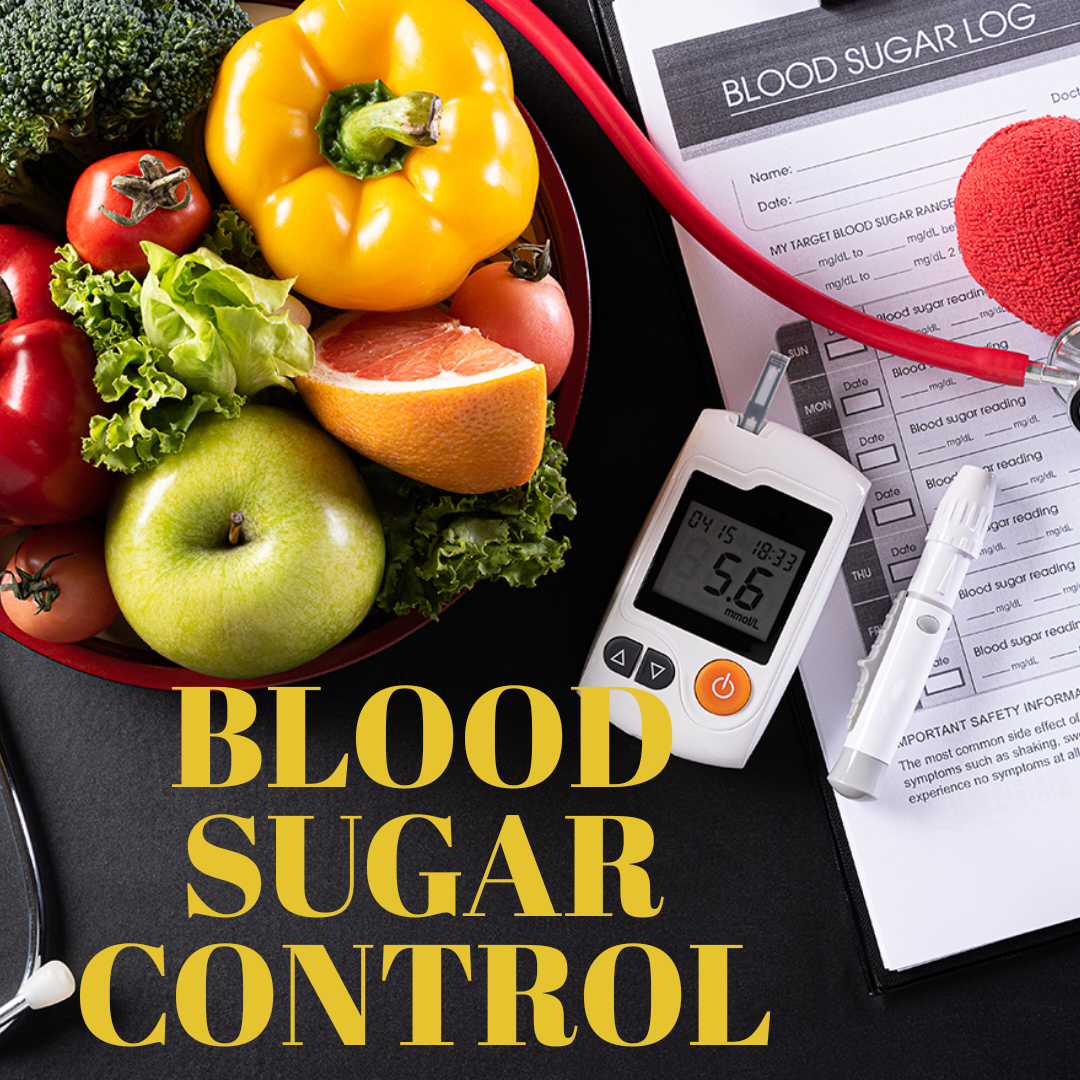BLOOD SUGAR CONTROL AND MANAGEMENT

HYDRATION
What is hydration?
Hydration refers to the process of providing adequate fluids to the body’s tissues.
It is essential for :
Maintaining the balance of bodily fluids,
Regulating body temperature,
facilitating digestion and nutrient absorption.
Hydration is primarily achieved through drinking water and other fluids, but water content in food also contributes.
Proper hydration is vital for overall health and well-being, while dehydration can lead to various health issues, including impaired cognitive and physical performance, and in severe cases, can be life-threatening.
Importance of water in blood sugar
Dilution of Blood Glucose: Water helps to dilute the concentration of glucose in the bloodstream, which can help prevent spikes in blood sugar levels.
Kidney Function: Adequate hydration supports kidney function, which is essential for the excretion of excess glucose through urine. When blood sugar levels are high, the kidneys work harder to filter and excrete this glucose, a process that requires sufficient water
Metabolic Efficiency: Water is vital for the metabolic processes that convert food into energy. Proper hydration ensures that these metabolic pathways function efficiently, helping to stabilize blood sugar levels.
Appetite Control: Drinking water before or during meals can help with satiety, reducing the likelihood of overeating and subsequently spiking blood sugar levels.
Insulin Sensitivity: Staying well-hydrated can improve insulin sensitivity, meaning the body is better able to use insulin to lower blood sugar levels effectively. Dehydration can impair this process and lead to higher blood sugar levels.
Cellular Function: Water is crucial for all cellular functions, including those involved in the uptake and utilization of glucose. Proper hydration ensures that cells can efficiently absorb and use glucose from the bloodstream. maintaining proper hydration is essential for effective blood sugar regulation and can help prevent complications associated with both hyperglycemia (high blood sugar) and hypoglycemia (low blood sugar).
